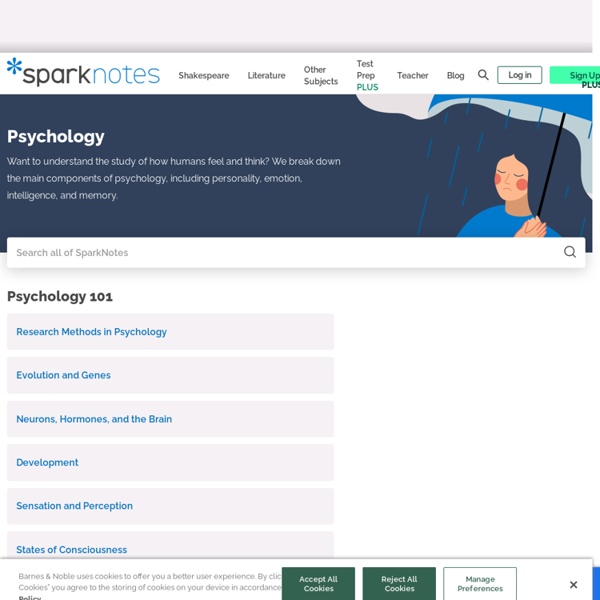



Neuropsychology, Brain, and Brain Injury Resources Quality Binaural Beats and Isochronic Tones Neuropsychology | APA Journals Prior to submission, please carefully read and follow the submission guidelines detailed below. Manuscripts that do not conform to the submission guidelines may be returned without review. Submission Neuropsychology® is now using a software system to screen submitted content for similarity with other published content. This allows APA to check submissions for potential overlap with material previously published in scholarly journals (e.g., lifted or republished material). Starting in 2012, the completion of the Author(s) Agreement Checklist (PDF, 40KB) that signifies that authors have read this material and agree to adhere to the guidelines is now required. All new and revised manuscripts must be submitted electronically in Rich Text Format (.rtf) or Microsoft Word Format (.doc) via the Manuscript Submission Portal. The file must exactly copy, in all respects and in a single file, the complete APA-style printed version of the manuscript. Meta-Analyses and Theoretical Reviews Case Studies
Psychology: PSYCHOLOGY, BEST BOOKS, EBOOK - Dow... This collection contains the following keywords and topics PLR Articles: Abstract Art Acai Berries Acne Allergies All Inclusive Alternative Medicine ...... 1. Cheap Fresh Quality Golf PLR Articles .zip Pack... 2. 3. 4. 5. 6. 7. 8. 9. 10. 11. 12. . X The seller plrarticles offers you 40.0% on each sale! Springer Link Neuropsychology Journals Neuropsychology Review is devoted to integrative review papers in all aspects of neuroscience contributing to a mechanistic understanding of human neuropsychology in normal and clinical populations. The journal's broad perspective is supported by an outstanding, multidisciplinary editorial board. The journal aims to publish scholarly articles that summarize and synthesize strengths and weaknesses in the literature and propose novel hypotheses, models, methods of analysis and links to other fields. Publication of new data is not the purview of the journal Topics include: explication of translational research bearing on clinical problems didactics on application of new methods and technologies to enable clinical and translational research, and critical, objective review of specific topics in neuropsychology Its refereed articles, written by international specialists, discuss complex issues, including: hide
Descartes After receiving a sound education in mathematics, classics, and law at La Flèche and Poitiers, René Descartes embarked on a brief career in military service with Prince Maurice in Holland and Bavaria. Unsatisfied with scholastic philosophy and troubled by skepticism of the sort expounded by Montaigne, Descartes soon conceived a comprehensive plan for applying mathematical methods in order to achieve perfect certainty in human knowledge. During a twenty-year period of secluded life in Holland, he produced the body of work that secured his philosophical reputation. Descartes moved to Sweden in 1649, but did not survive his first winter there. Although he wrote extensively, Descartes chose not to publish his earliest efforts at expressing the universal method and deriving its consequences. In Le Monde (The World) (1634), Descartes clearly espoused a Copernican astronomy, but he withheld the book from the public upon learning of Galileo's condemnation.
Psych Central: Psychology: Neurosciences Join Us Now! / Sign InChat Rooms Add a Site | Modify a Site | What's New | What's Cool | Top Rated Top » Psychology » Neurosciences A cup of neuropsychology? Clinically Psyched Top Rated Clinically Psyched is dedicated to bringing readers breaking news on clinical psychology, abnormal psychology, neuroscience, psychopharmacology, biopsychology, psychobiology, neurotheology, cognitive psychology, developmental psychology, mental illness, clinical diagnosis, psychiatry, psychopathology, sociopathology and other fields relating to biological psychology. advertisement Fundamentals of Human Neuropsychology >> Palgra... A scholarly guide to human neuropsychology with a clinical focus throughout. Thorough coverage of brain evolution unites the study of its anatomy and physiology with an understanding of its cognitive, experimental and clinical psychological functions. The 6th edition is updated throughout and has a new 4-colour design. NEW TO THIS EDITION * Updated content throughout * New full-colour design * Snapshot Boxes now in each chapter STUDENT SUPPLEMENTS * Companion Website at www.worthpublishers.com/kolbFHN6e/: Offers a range of study tools such as Online Quizzes, Interactive Flashcards. BRYAN KOLB lectures at the University of Lethbridge, Canada. IAN Q. Computer Testbank for Fundamentals of Human Neuropsychology Printed Testbank for Fundamentals of Human Neuropsychology
Table of Contents | in Chapter 07: Cognition | ... Psychology: An Introduction Table of Contents Next page Copyright© 2007-2011Russ Dewey Part One: Visual Information Processing Part Two: Language Part Three: Motor Activity Part Four: Thinking and Problem Solving Overview of Chapter 7: Cognition The word cognition refers to every kind of mental process that involves knowledge or thinking. We take the world inside us in order to participate in it. The late 1970s witnessed the emergence of a new discipline called cognitive science, a combination of all the specialties dealing with intelligent information processing, notably including cognitive psychology, artificial intelligence, and linguistics. Cognitive scientists are interested in both the software (the logic and information processing) and the hardware (brain mechanisms) of human cognition. How this chapter is organized We start with visual scene analysis, an approach to visual perception pioneered by Artificial Intelligence (AI) researchers at MIT. Related topics in other chapters